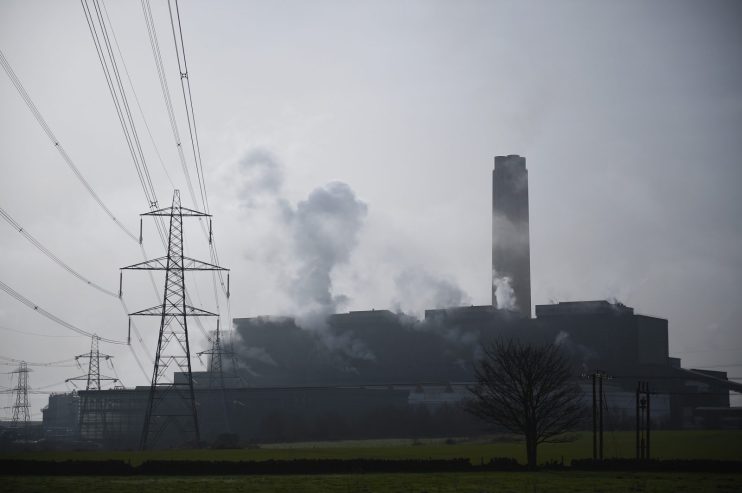Ofgem unveils £40bn spending package but cuts investor returns for next price control period

The UK’s energy companies will be able to spend a combined £40bn in investment into the country’s energy networks over the next five years, but will see returns limited under stricter new rules from Ofgem.
This morning the energy regulator laid out its plans for the next “price control” period, which runs from 2021 to 2026.
Under the plan, network companies will be able to spend up to £30bn off the bat on developing networks, up 20 per cent on previous proposals.
In addition, an extra £10bn will be put on standby for investment into extra green energy projects.
Ofgem said that this money was for projects “aimed at eliminating emissions from the energy system and helping hit net zero targets across the country”.
The extra allowance comes with the UK embarking on a highly ambitious plan to reduce emissions to net zero by 2050, part of which involves installing 40 gigawatts of wind power by the end of the decade.
Chief executive Jonathan Brearley said: “Our £40bn package massively boosts clean energy investment.
Before the Open newsletter: Start your day with the City View podcast and key market data
“This will ensure that our network companies can deliver on the climate change ambitions laid out by the Prime Minister last month, whilst maintaining world-leading levels of reliability.”
However, one of the most significant aspects of the new rules are that investor returns will now be capped at 4.3 per cent – considerably below the 6-7 per cent companies currently make.
Such a reduction will save consumers roughly £10 a year on their energy bills, but is higher than the 3.9 per cent limit originally proposed.
Network firm SSEN hit out at the decision, with managing director Rob MacDonald saying he had “concerns” over the proposals.
Those in favour of networks being able to make higher returns from their investment argue that this in turn incentivises companies to put more money into projects.
Brearley added: “These costs must fall fairly for consumers. We are reducing the amount paid to shareholders so that they are closer to current market levels.
“This means that companies can attract the vital investment we need whilst making sure that consumer don’t pay more than is necessary to achieve this.”